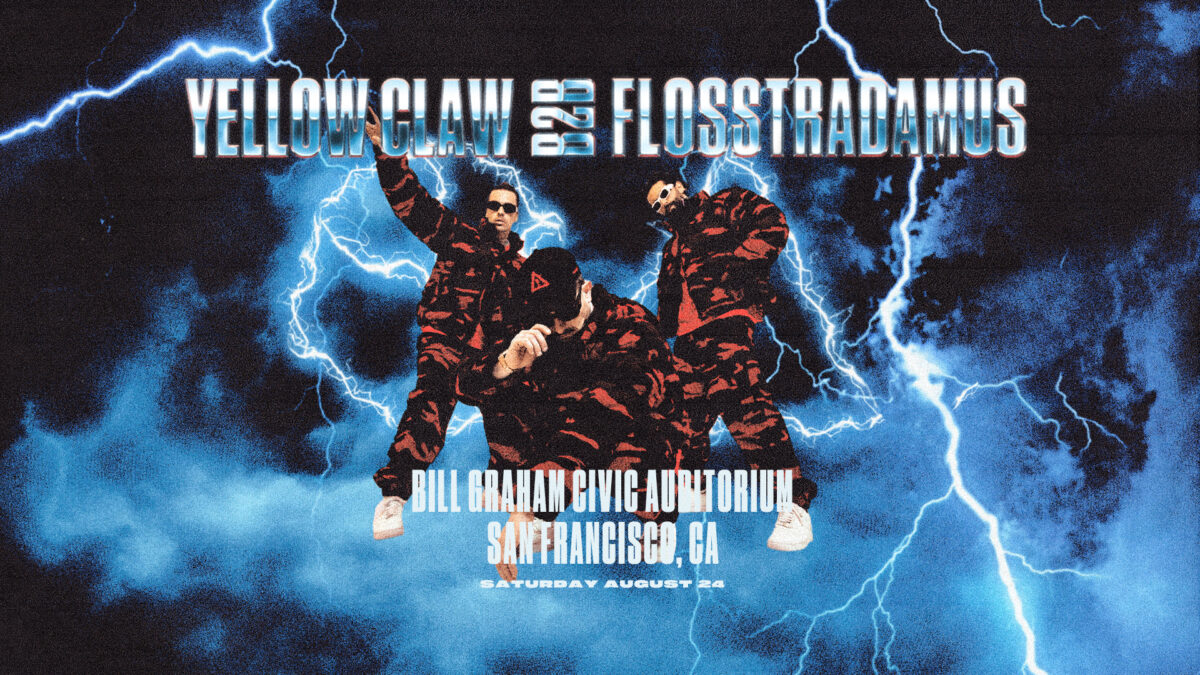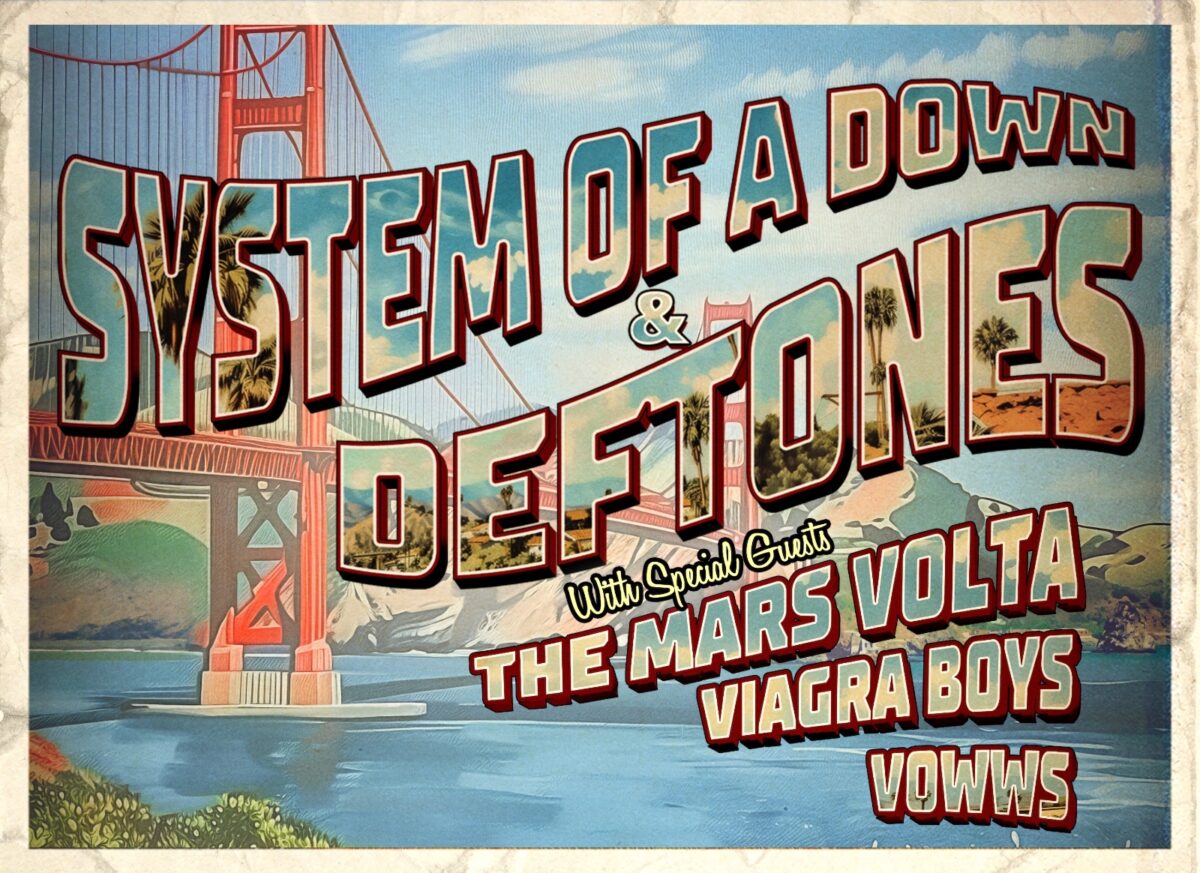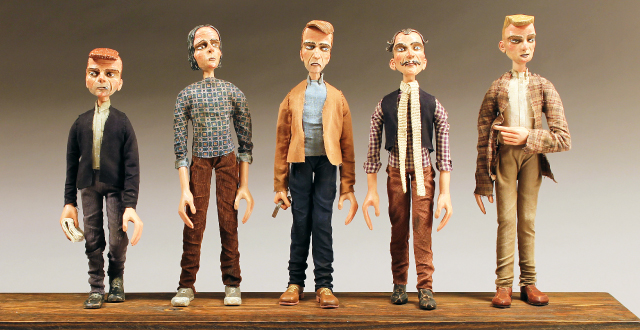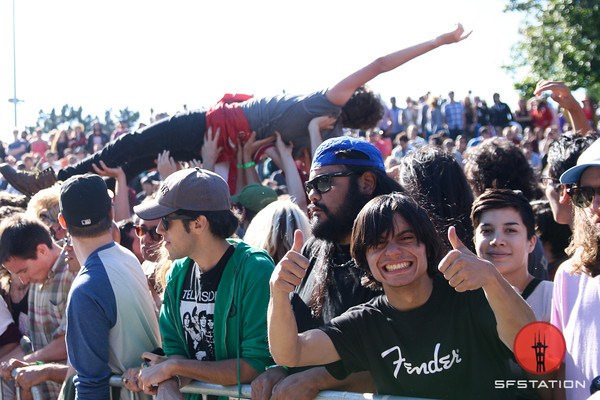Movie Review: The Hunter
At it’s core, The Hunter is a meditation on man vs. nature and man vs. animal. Much of the film rests on the shoulders of Willem Dafoe and he carries it with aplomb. It doesn’t demand attention, instead slowly building upon itself scene after scene and will leave a haunting impression that lingers for days.
Willem Dafoe is Martin David, hired by a mysterious biotech company to travel to Tasmania to try and recover a Tasmanian Tiger, thought to be extinct for decades. However sightings are still reported, which the company believes are true. Martin arrives in the remote landscape and lodges with a woman and her two young children. He discovers their mother Lucy (Frances O’Connor) is jacked up on medication and sleeps nearly all day and his only interaction is with her two small children Sass (Morgana Davies) and her brother Bike (Finn Woodlock), who appear to be basically fending for themselves.
At first Martin is the consummate professional, interacting with the kids only as necessary, but soon finds himself drawn into their world. He’s able to get their mother off her medication and back to the world of the living but he still has a job to do. Jack, also a friend of the family, acts as Martin’s liaison and guide to the area, believing Martin is a researcher from “the university.” Martin never divulges his real reason for being there but finds he is an unwelcome visitor nonetheless. He’s soon caught between a bitter battle of loggers and “hippies” protesting the deforestation, his only crime is apparently being an outsider. Despite this nuisance he disappears into the wilderness for a week or two at a time, setting up traps in hopes of capturing the elusive Tasmanian Tiger. However it’s the days he’s not working that affect Martin more than anything. He finds himself becoming closer and closer to the family he’s staying with as he learns that Lucy was put on her medication after her husband, and the childrens’ father, disappeared in the very landscape he has been scouring.
The film is shot beautifully, especially when Dafoe is scouring the Tasmanian forests and countryside on his own. It’s a film of few words but the cinematography creates a dialogue all its own. The film doesn’t cut around Martin’s time in the wilderness, but embraces it. The Tasmanian backdrop is just as much a character as Martin himself.
As the film opens, it appears Dafoe will be a Jason Bourne-like gun for hire. He has a job and he’s there to get it done. His first trip into the outback is clinical and simple. He does his job and he does it well. But it’s when he’s not in the wilderness that he finds himself coming alive. He doesn’t want to become attached to these two small children but he can’t help feeling for them when he realizes they’re pretty much on their own, with a missing father and a comatose mother. The audience never learns who Martin David is. As far as Director/Writer Daniel Nettheim is concerned, his past doesn’t matter — he’s just a hired gun and Martin would like to just leave it at that as well. But he’s thrown into situations, as hard as he tries, he just can’t ignore. And it’s through these realizations that he, as well as the audience, realize there’s more to him than just doing a job.
It’s the type of film that doesn’t command attention. It isn’t loud, there aren’t explosions or even much yelling. But it’s so beautifully shot and acted that one can’t help but be drawn in by it’s beauty and hypnotic landscape. The characters feel undeveloped and drab at first but they soon begin to blossom into fully realized human beings. The audience sees the film through Martin’s eyes, so as he takes stock of the people and places around him so does the audience and as he puts the pieces together, so does the audience.
It’s a film that will slowly draw in the viewer as cracks in the narrative begin to appear and questions arise. Why is Lucy on so much medication? What happened to the patriarch of this family? Those are the same questions that Martin can’t ignore, as hard as he tries. The film doesn’t seem like much at first but it will leave a lasting impression, a resonance that’s hard to shake. And isn’t that the best kind of art? The one that refuses to be pigeonholed and that continues to live on even after the lights come up?
Showtimes and Tickets








